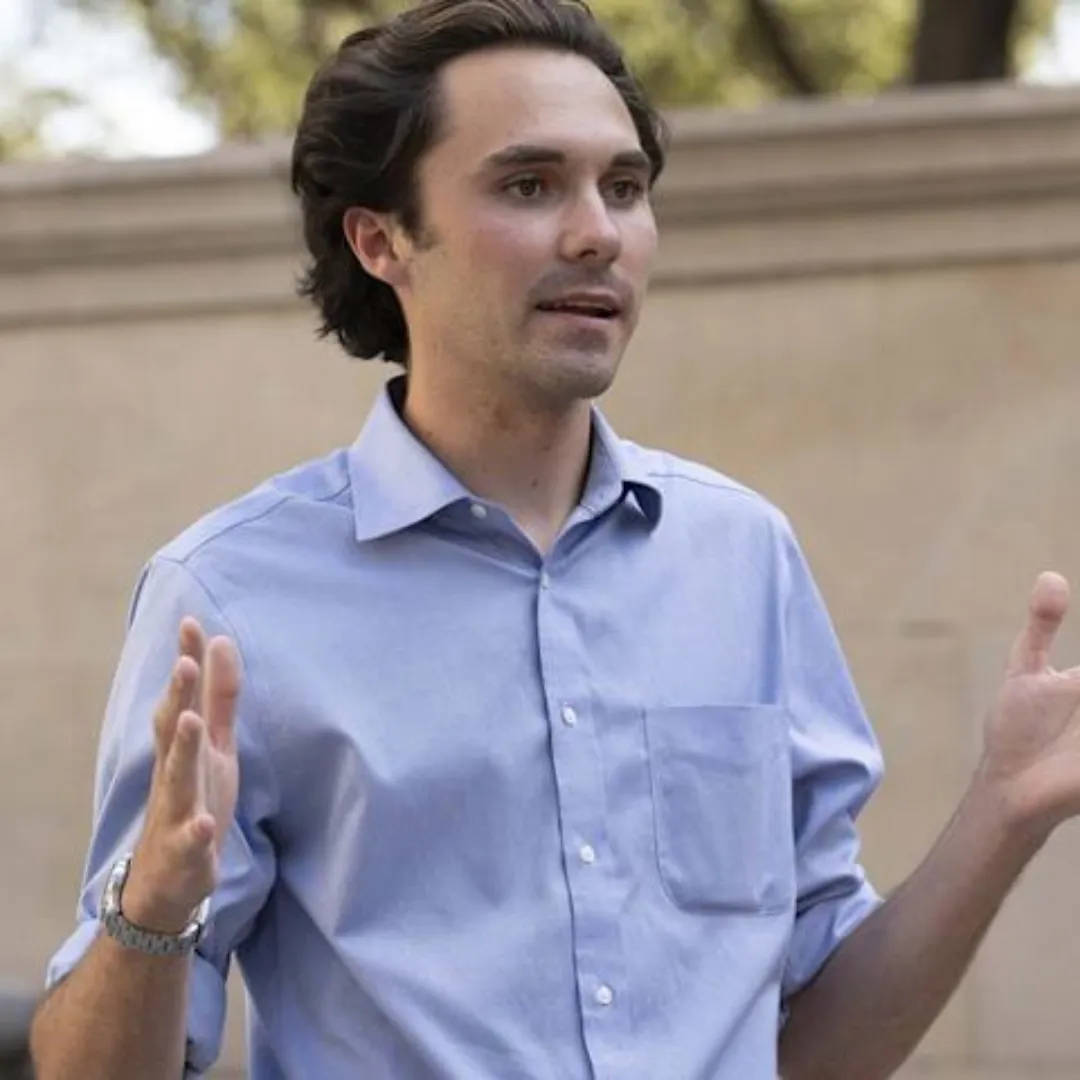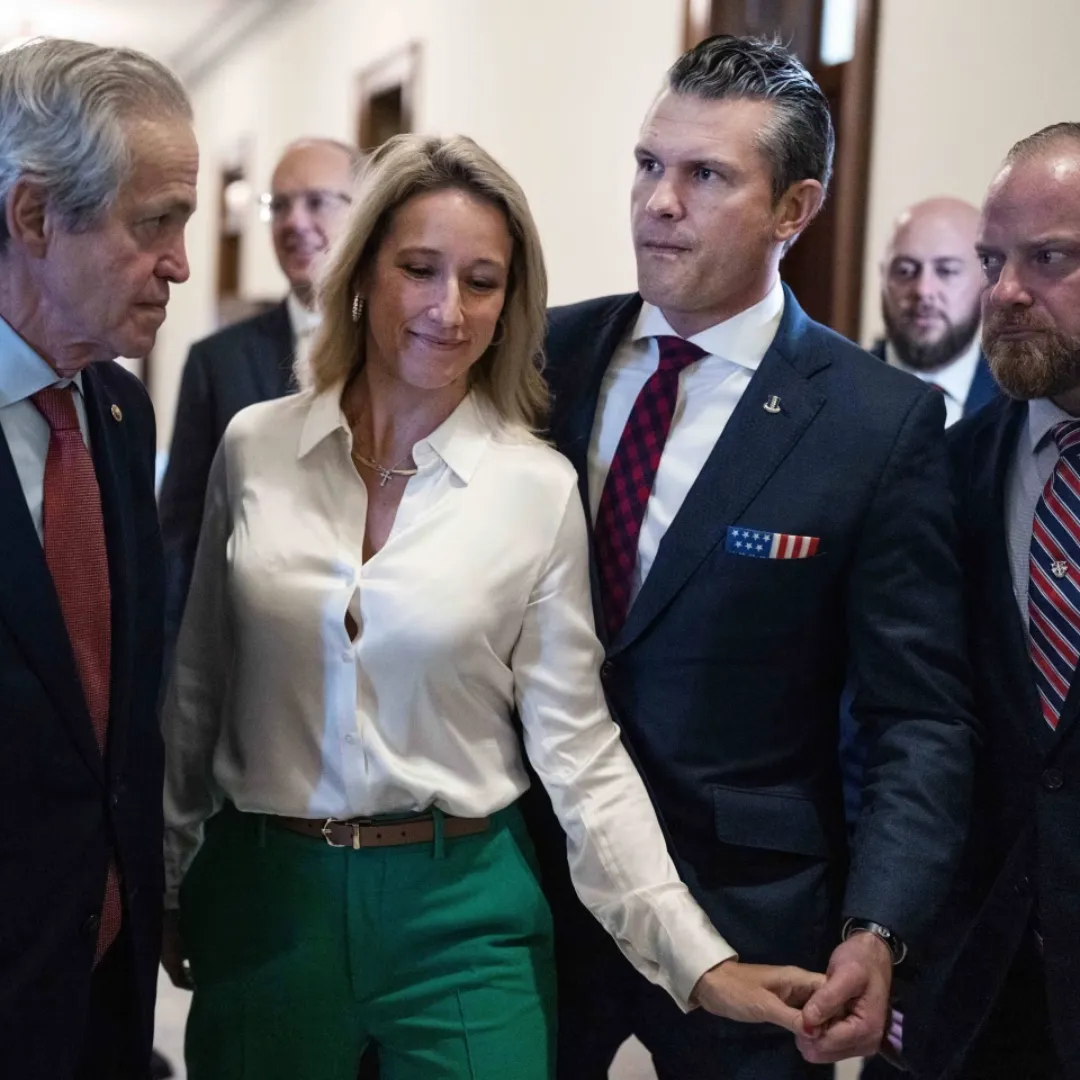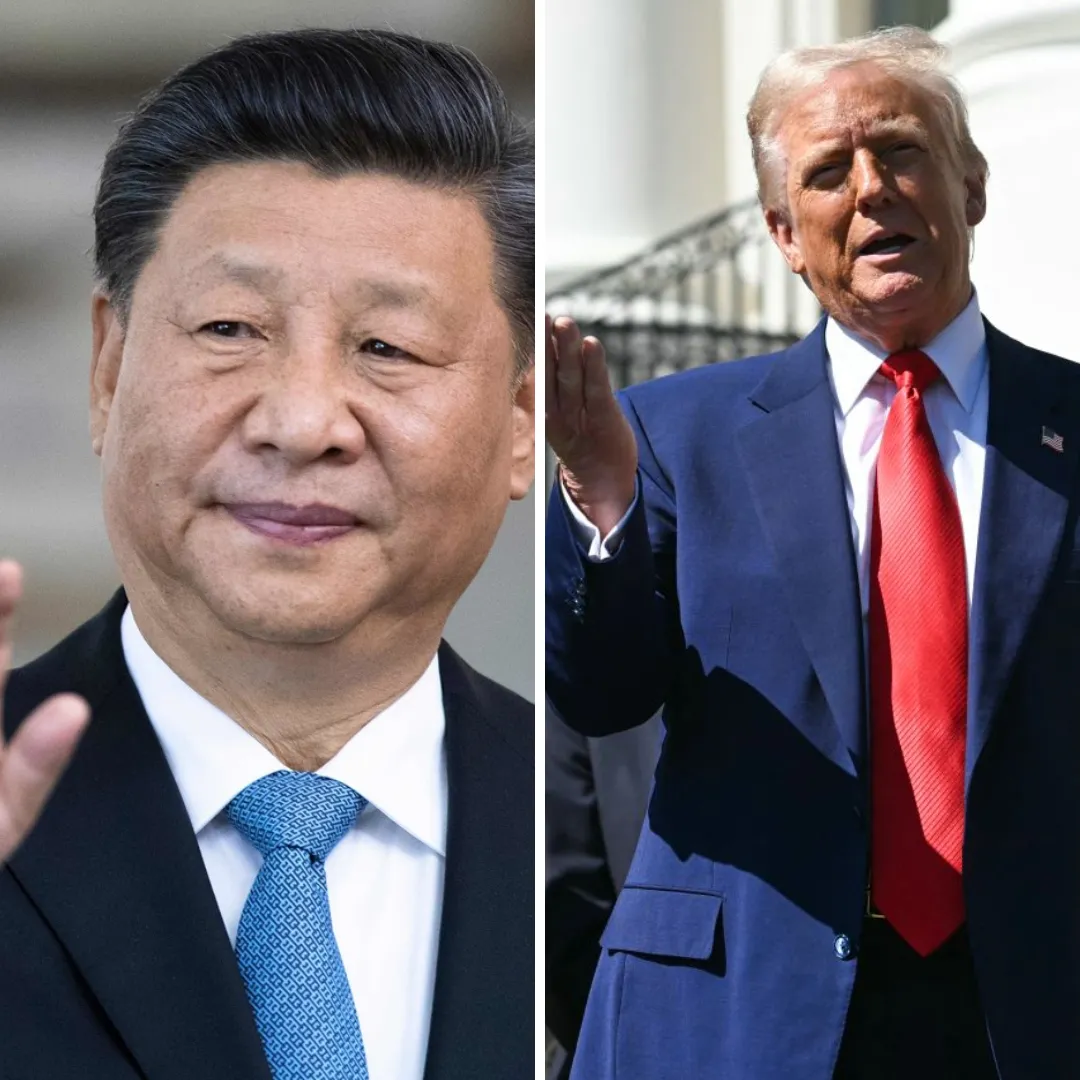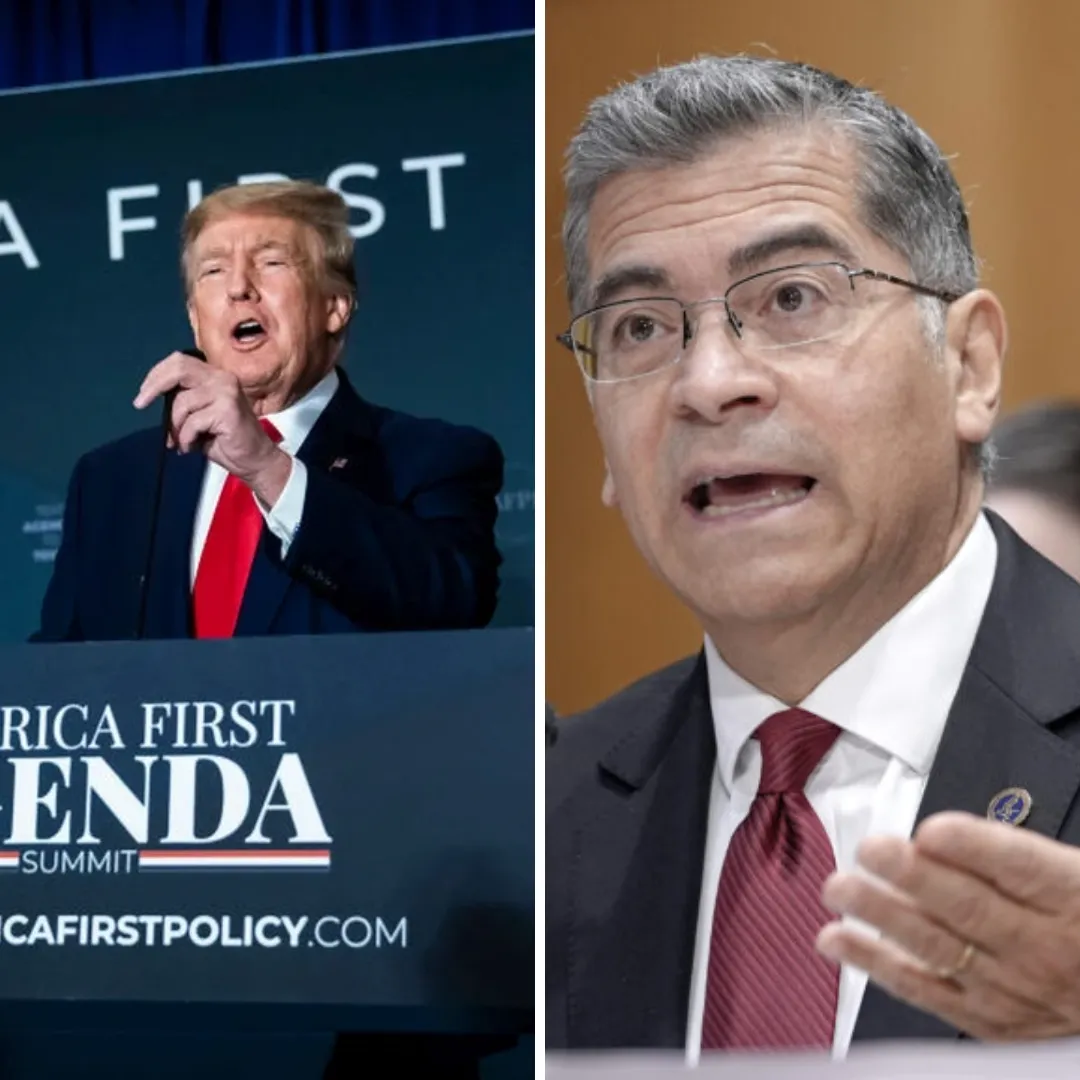
Tesla CEO Elon Musk, in a statement made during a Wednesday briefing at the White House, expressed confidence that his efforts to reform and reduce the federal government’s size and spending would continue even after he steps back from his current role with the Department of Government Efficiency (DOGE).
Musk’s remarks came amidst growing speculation about his future involvement with the government as his role as a special government employee is set to expire on May 30, though he hinted that he would still offer his expertise on a part-time basis, contributing to the department for one to two days a week.
Reflecting on his time with DOGE, Musk gave a memorable response when asked who would continue the work after his departure, comparing his potential absence from DOGE to Buddhism without Buddha.
“Is Buddha needed for Buddhism?” Musk quipped, implying that while DOGE might not require his full-time presence, his influence would remain, underscoring the department’s ability to operate independently.
Musk’s remarks highlight his unconventional approach to government service. Despite the challenges and criticism he has faced, including the pressure from Tesla board members for him to refocus on his electric vehicle company after months of leading DOGE, Musk remains committed to the broader mission of federal government reform.
While he acknowledged the possibility of stepping away from DOGE entirely at the end of the year, Musk was clear that his involvement would remain subject to the needs of the president.
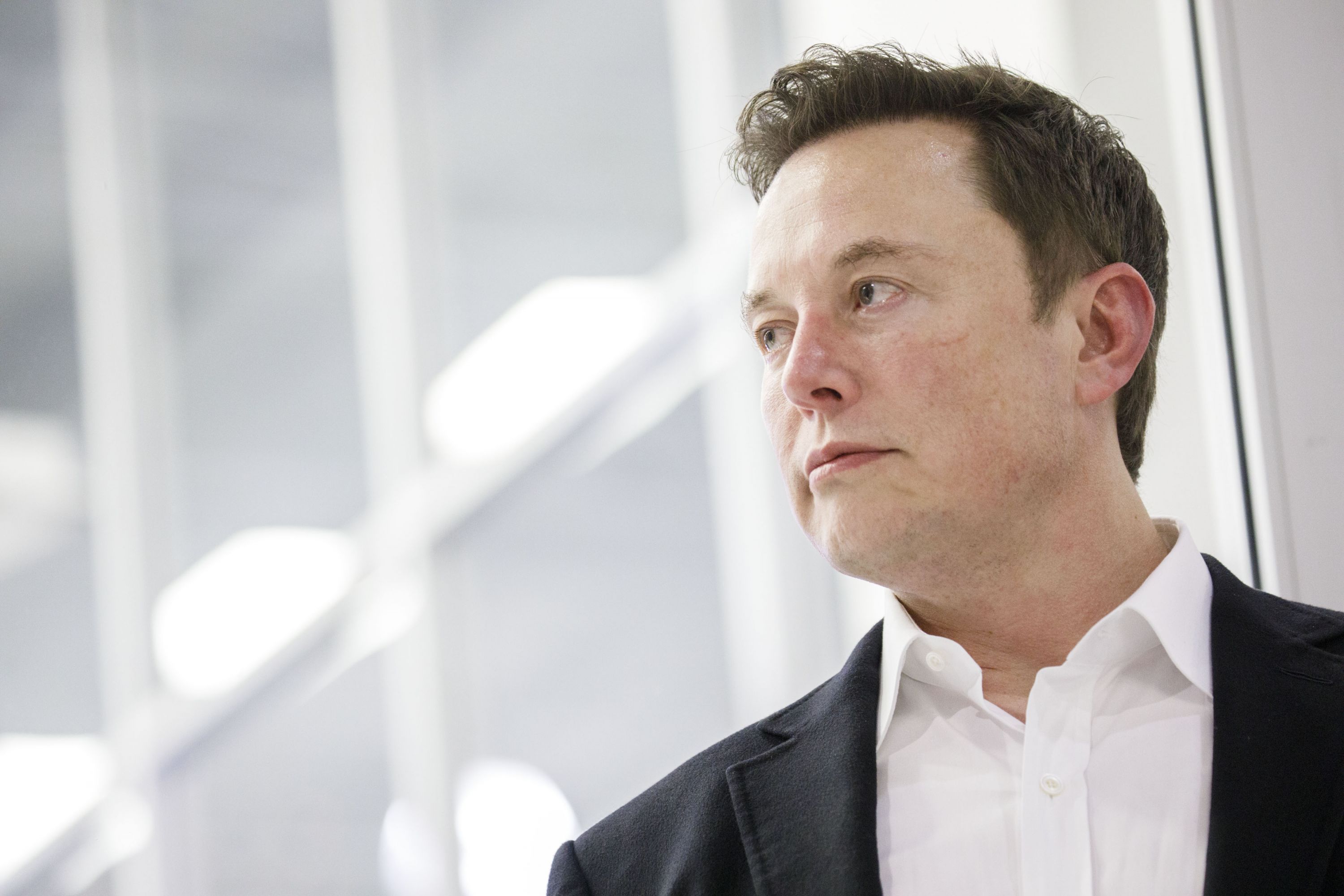
He suggested that, even after his official duties are scaled back, he would likely continue to work with DOGE on a reduced schedule, spending time in Washington every other week to ensure the department remains on track with its goals.
Musk’s flexibility and ongoing engagement reflect his belief that his efforts, even on a limited basis, will continue to make a significant impact on the efficiency of government operations.
At the same time, Musk acknowledged that the nature of DOGE, which operates with a relatively small staff of fewer than 100 individuals, means that the team’s work would not cease once he steps back.
He emphasized that DOGE is a “volunteer organization,” with its members driven by a shared commitment to reforming government processes.
Musk made it clear that while some members of the team might choose to leave, others would continue the mission, suggesting that the department’s ideals and principles would persist beyond his personal involvement.
In a somewhat philosophical tone, Musk likened DOGE to a way of life, implying that the department’s mission and ethos are not entirely dependent on any one individual but are instead part of a broader cultural shift aimed at rethinking how government should function in the 21st century.

Musk’s time in Washington has been marked by his deep involvement in the Trump administration’s efforts to cut government spending and streamline operations.
Since his arrival, Musk has been an influential presence in the White House, attending Cabinet meetings and offering his expertise on efficiency and cost-saving measures.
His relationship with Trump has been one of mutual admiration, with the president often praising Musk for his contributions to the administration’s agenda.
Despite occasional tensions with other Cabinet members, including Secretary of State Marco Rubio and Treasury Secretary Scott Bessent, Trump has consistently stood by Musk, appreciating his unconventional methods and willingness to take bold actions.
During a recent Cabinet meeting, Trump expressed his gratitude to Musk, acknowledging that while Musk had faced unfair treatment, the majority of Americans respected his efforts and appreciated his dedication to public service.
Musk’s role in the Trump administration has not been without controversy, however. His approach to government spending cuts, which has involved targeting large portions of the federal budget, has faced sharp criticism from Democratic lawmakers and public sector unions.

Critics argue that Musk’s methods, which bypass traditional constitutional processes for appropriating federal funds, have resulted in the unnecessary loss of thousands of jobs and have disproportionately affected low-income workers and vulnerable populations.
Musk’s claim that DOGE has identified up to $160 billion in cuts to federal spending has sparked further debate, with many questioning the long-term impacts of such drastic reductions on essential public services.
While Musk has been vocal about his belief in the need to reduce the size of government, his opponents have pointed to the potential dangers of dismantling key programs without proper oversight or due process.
They argue that while government efficiency is important, it should not come at the expense of vital services that support millions of Americans.
The controversy surrounding Musk’s approach to government reform has drawn sharp contrasts between his vision for a leaner, more efficient government and the traditional views of those who believe that federal agencies play an essential role in safeguarding the welfare of the American people.
In his remarks, Musk suggested that the best-case scenario would be to achieve as much as $2 trillion in cuts to federal spending, a goal he said could be realized over the long term.

He also expressed optimism about the possibility of reducing spending by $1 trillion, though he acknowledged that this would be a more gradual process.
Despite the criticisms, Musk’s unwavering confidence in his ability to reshape the federal government remains a defining feature of his tenure at DOGE.
He has shown little hesitation in advocating for drastic measures, often arguing that the bloated bureaucracy of Washington D.C. needs to be reformed in order to better serve the American people.
Musk’s involvement in government, while initially seen as an extension of his interest in technological innovation and efficiency, has taken on a broader political significance.
His ability to influence policy decisions, particularly in areas related to government spending, has made him a key player in the Trump administration’s efforts to reshape the federal landscape.
At the same time, his high-profile persona and unconventional methods have made him a lightning rod for criticism, with many questioning whether his business interests and personal beliefs are influencing the administration’s policies in ways that may not be in the best interest of the American people.
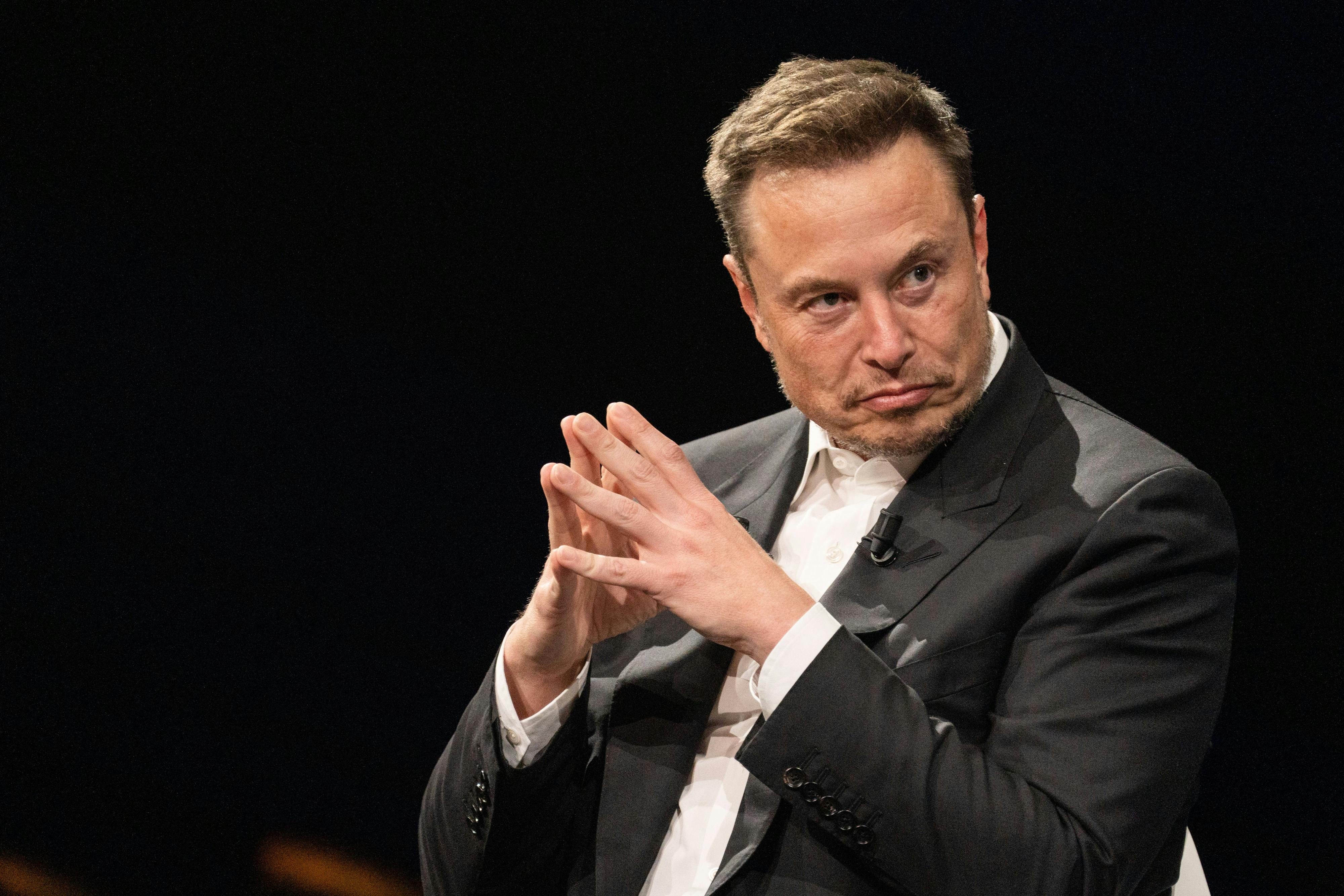
As Musk prepares to wind down his full-time involvement with DOGE, he made it clear that he would remain engaged in the department’s work, even if only on a part-time basis.
Musk’s continued participation, he stated, will depend on the needs of the president and the ongoing demands of government reform.
His commitment to spending one to two days a week working with DOGE demonstrates his belief in the importance of the department’s mission, even as he returns to focus more on his business ventures.
Musk’s comments about his tiny office at the White House, humorously describing it as having a view of “nothing,” served as a reminder of the more lighthearted side of his personality, even as he navigates the serious and often contentious world of government reform.
In a somewhat playful comparison, Musk likened his work with DOGE to Buddhism, suggesting that the department was akin to a spiritual practice, one that transcended the presence of any single individual.
Musk’s comment that DOGE is a way of life, in which converts are made regularly, reflects his belief in the transformative potential of government reform.

While some may see his approach as unconventional or even controversial, Musk’s commitment to driving change within the federal government cannot be denied.
His time at DOGE has left a lasting mark on both the Trump administration and the broader political landscape, and as he prepares to transition back to his business empire, his influence on government efficiency may continue to shape the policy debate for years to come.
Ultimately, Musk’s tenure at DOGE has been a testament to his unconventional approach to problem-solving and his willingness to challenge established norms.
Whether or not his reforms will have a lasting impact remains to be seen, but there is no question that his involvement has left an indelible mark on the administration’s efforts to reshape the federal government.

As Musk steps back from his full-time role, his part-time involvement in DOGE will likely continue to be a source of both admiration and controversy, as the department’s future direction remains uncertain.
Whether DOGE can continue its mission without Musk’s full-time leadership or whether the department will fade into obscurity remains an open question, but one thing is clear: Musk’s influence on the Trump administration has been profound and lasting.
